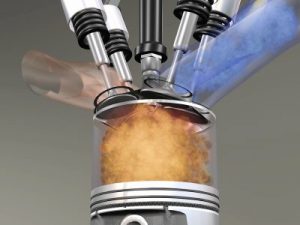 Hydrogen is characterized by a high reactivity and a combustion rate as much as five times greater than that of fuel. Moreover, hydrogen has a wider flammability range than other types of fuel. Due to these characteristics, the addition of even a small amount of hydrogen in the fuel-air mixture increases the combustion rate thus making the combustion more stable by reducing the duration of combustion and reducing cycle-to-cycle variations.
Hydrogen is characterized by a high reactivity and a combustion rate as much as five times greater than that of fuel. Moreover, hydrogen has a wider flammability range than other types of fuel. Due to these characteristics, the addition of even a small amount of hydrogen in the fuel-air mixture increases the combustion rate thus making the combustion more stable by reducing the duration of combustion and reducing cycle-to-cycle variations.
Many quantitative and experimental studies done on the impact of adding hydrogen in internal combustion engines (based on gas or diesel) have come to the common conclusion that the measure:
– reduces the duration of the combustion process
– increases thermal efficiency
– burns off, disintegrates, and removes carbon deposits
And finally, for best results, we recommend you go for a 25 to 30-minute drive in low gear (above 3000 r/min) after the Carbon Cleaning session in order to remove the last remaining residue from the exhaust.
As a preventative measure, decarb your vehicle every 15,000 km or once a year.
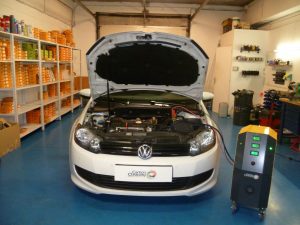 Using our unique hydrogen-powered decarbonizing machine, a technician at our Carbon Cleaning center will remove nearly all carbon build-up.
Using our unique hydrogen-powered decarbonizing machine, a technician at our Carbon Cleaning center will remove nearly all carbon build-up.
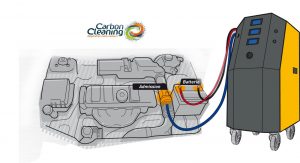 The Carbon Cleaning decarbonization station is easy to use, fast, efficient, and completely autonomous.
The Carbon Cleaning decarbonization station is easy to use, fast, efficient, and completely autonomous.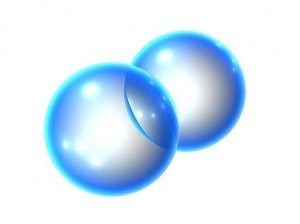 Although it is abundant in the universe, hydrogen is a gas usually found combined with other atoms, most commonly as an element in water, oil, and natural gas. Hydrogen is considered as an energy vector, used mainly in chemicals, refining, or industry. But in these days of environmental concern, hydrogen is seen as a having a lot of potential to play a major role in the future energy landscape. Hydrogen has a very high energy density, i.e., it harbours a lot of energy in a small mass.
Although it is abundant in the universe, hydrogen is a gas usually found combined with other atoms, most commonly as an element in water, oil, and natural gas. Hydrogen is considered as an energy vector, used mainly in chemicals, refining, or industry. But in these days of environmental concern, hydrogen is seen as a having a lot of potential to play a major role in the future energy landscape. Hydrogen has a very high energy density, i.e., it harbours a lot of energy in a small mass. Hydrogen is characterized by a high reactivity and a combustion rate as much as five times greater than that of fuel. Moreover, hydrogen has a wider flammability range than other types of fuel. Due to these characteristics, the addition of even a small amount of hydrogen in the fuel-air mixture increases the combustion rate thus making the combustion more stable by reducing the duration of combustion and reducing cycle-to-cycle variations.
Hydrogen is characterized by a high reactivity and a combustion rate as much as five times greater than that of fuel. Moreover, hydrogen has a wider flammability range than other types of fuel. Due to these characteristics, the addition of even a small amount of hydrogen in the fuel-air mixture increases the combustion rate thus making the combustion more stable by reducing the duration of combustion and reducing cycle-to-cycle variations.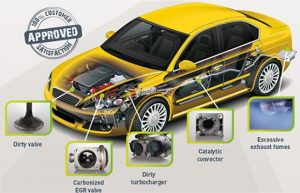 Prevents maintenance on engine problems
Prevents maintenance on engine problems
